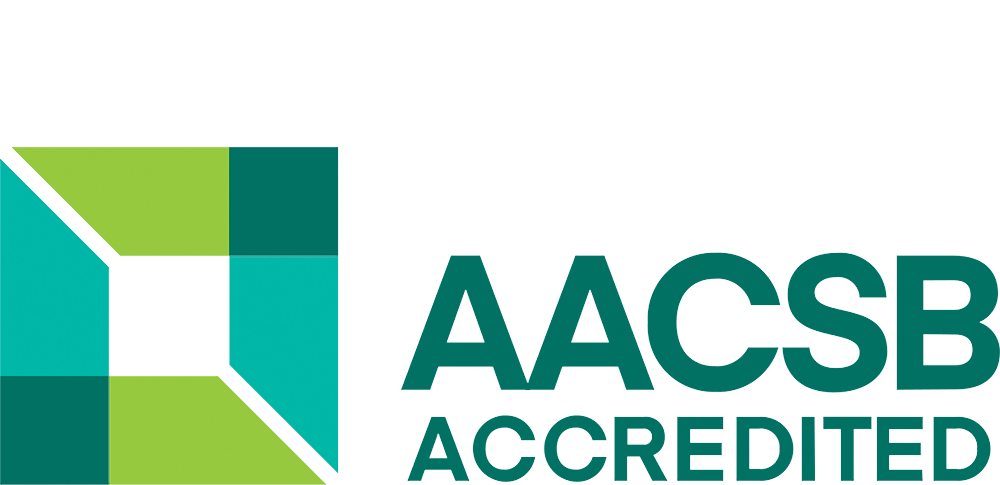
14 Nov 2022
Job description: management controller
Do you love working with numbers? Have you heard of budget forecasting and accounting analysis? If so, then the profession of management controller may be for you.
Read the article


05 Dec 2023

Etudiants & apprenants
Like any other contract, an apprenticeship contract can be terminated. But the framework governing such termination is strict. An apprenticeship contract is a rather special type of contract, setting out the agreements between a company and an apprentice. The apprentice can alternate between periods of apprenticeship in the workplace and periods of study at a business school or other institution. Let's take a look at the advantages of the apprenticeship contract and the conditions that must be met before it can be terminated.
An apprenticeship contract is signed between an apprentice and the company that wishes to employ them. It enables a student to alternate between theoretical and practical education. This involves a period of courses at a training centre, followed by a period during which the apprentice works in the same way as an employee in a company.
There are many advantages to a work and study course. This type of contract allows you to put your theoretical knowledge into practice by working in a company. Apprenticeships are also a springboard for easy entry into the world of work, as they offer professional experience that is often more comprehensive than a work placement.
The apprenticeship contract is designed to :
These types of contract can be signed for an indefinite period (CDI) or for a fixed period of between six months and three years (CDD).
Sometimes, however, either the employer or the apprentice wishes to terminate the apprenticeship contract.
The apprenticeship contract may be terminated by either the student or the employer:
The law distinguishes between two periods for terminating an apprenticeship contract. There is a cut-off date for the first 45 days.
These first 45 days of the apprenticeship contract represent a trial period. During this initial period, the apprenticeship contract may be terminated by either the employer or the apprentice by simple letter, without notice or any other form of justification.
After this 45-day period, the apprenticeship contract may still be terminated, but the procedures for doing so are more onerous.
If the apprentice wishes to terminate the contract, he may do so on the following grounds:
If the employer is responsible for terminating the contract, it must justify this by :
The contract can also be terminated by mutual agreement between the apprentice and the employer. This is referred to as termination of the apprenticeship contract, or sometimes, as a misnomer, as an "agreed termination". Both parties must then produce a signed and dated written document to formalise this amicable agreement.
Breach of an apprenticeship contract can affect a student's morale and motivation.
Depending on the reason for breaking the apprenticeship contract, the apprentice may be entitled to compensation or damages.
It should be noted that the company receives financial assistance from the State or the region when it pays for the training of an apprentice. If the apprenticeship contract is terminated because the employer is at fault, the employer is obliged to repay the lump-sum compensation received from the region, as well as the exemption from social security contributions and the tax credit from the State.
The "Professional Future" Law has also protected apprentices since 1ᵉʳ January 2019. The latter can complete their theoretical training course for six months thanks to a CFA (apprentice training centre).
The CFA will also have to help the student find a new employer to complete their practical training. From an academic point of view, apprentices are obliged to find another apprenticeship contract in order to complete their diploma.
There are a few points to bear in mind to avoid breaking your contract as an apprentice. Tip No. 1 - Take the time to choose a company in line with your own aspirations. Ask yourself questions about :
Tip 2 - Talk regularly with tutors and teachers. Show that you are open to constructive criticism and that you are motivated and willing.
Tip 3 - Seek support if you run into difficulties. Rather than endure an unpleasant situation at work, don't hesitate to express your doubts and fears. Teachers and your apprenticeship master should be your guides throughout the apprenticeship.
The role of the school or training centre is to support you throughout your apprenticeship. It must provide you with all the tools you need for a successful work-linked training contract:
That's why it's so important for students who want to embark on the adventure of work-linked training to choose a recognised and committed school.
IPAG Business School - a work-study course business school - is committed to helping students find the ideal work placement or apprenticeship. This takes the form of the IPAG Career Center, a scheme set up to support students in 3 ways:
We understand that your apprenticeship is a real opportunity to launch your career in business. For more advice and personalised support, don't hesitate to get in touch with our business school. We could, for example, give you leads on how to find a work-study placement as part of your BTS, the 3ᵉ year of your Bachelor marketing and digital communications or your master's degree on the Grande École Programme.

14 Nov 2022
Do you love working with numbers? Have you heard of budget forecasting and accounting analysis? If so, then the profession of management controller may be for you.
Read the article

29 Jul 2022
Faced with the proliferation of information, otherwise known as Big Data, many companies rely on data analysis to make strategic decisions and improve their performance.
Read the article

14 Sep 2021
Many ways of working, consuming and running a business have been rethought in recent years in favor of resource conservation.
Read the article
Application
Contact